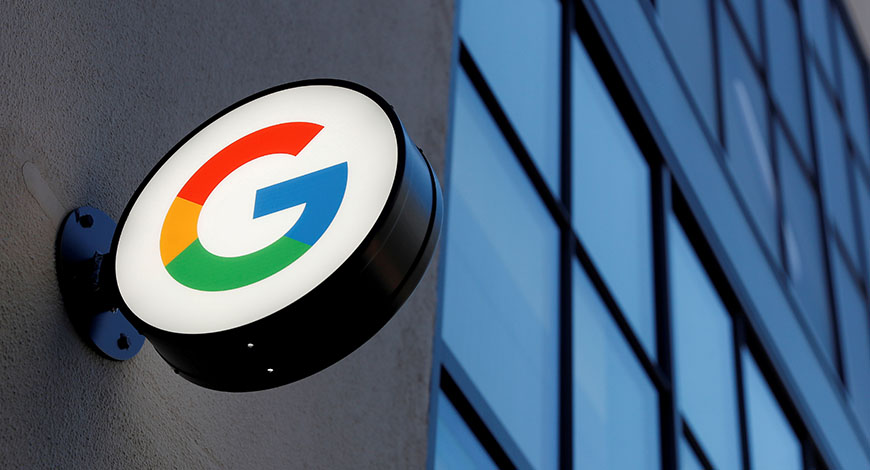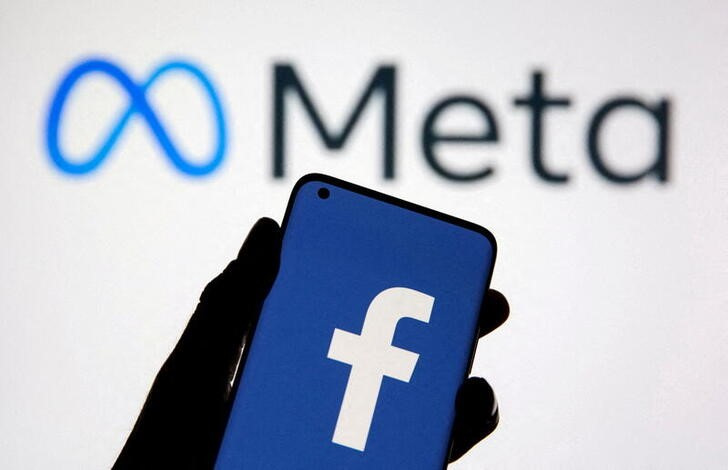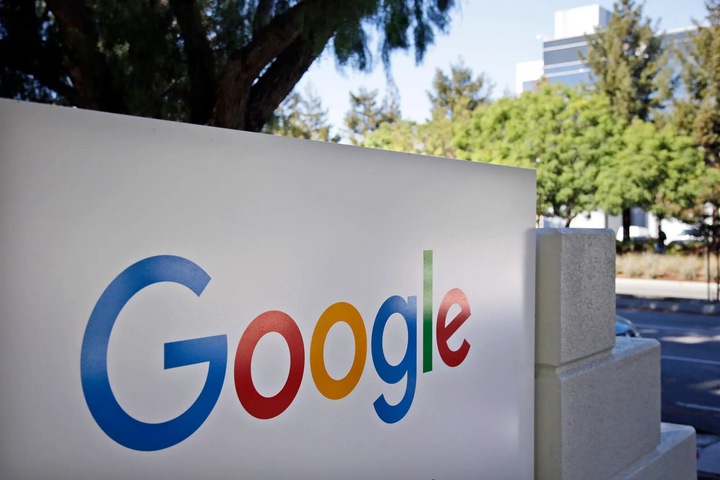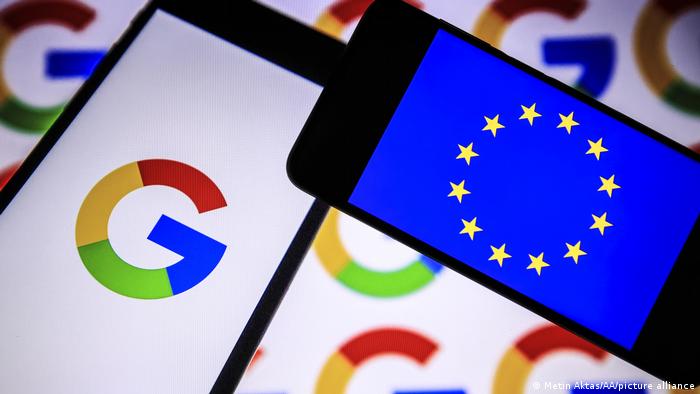Google wins appeal of $20 mln US patent verdict
Search Engine Giant, Google, a subsidiary of Alphabet, successfully persuaded an appeals court in the United States on Tuesday to invalidate three anti-malware copyrights that were at the center of a Texas court’s twenty million-dollar infringing acts decision against the firm.

Alfonso Cioffi & Allen Rozman’s copyrights, according to the U.S. Appeals Court for the Federal Circuit, were found to be inapplicable because they covered ideas that were not covered by a prior version of the claim.
Also Read: Twitter Clashes With Brazil Over School Violence Posts
Google welcomed the choice, according to spokesman José Castada. An inquiry for comment was not immediately answered by the inventors’ attorneys.
In 2013, Cioffi along with the daughters of the late Rozman filed a lawsuit against Google in the Federal court in East Texas, claiming that Chrome’s malware protection features violated their patents for a system that stops malware from gaining access to sensitive information on a computer.
A jury found that Google violated the patents in 2017 and granted the complainants a total of 20 million USD in addition to continuing payments, which according to the plaintiff’s representative at that point in time were anticipated to reach approximately seven million dollars yearly for the following nine years.
However, the Federal Circuit declared all of the patents invalid on Tuesday. The three-judge bench reached a unanimous conclusion that the three claims had been reissued from a previous anti-malware claim and that federal law needed the newly issued patents to encompass the same idea as the first.
The new patents described web browser-specific technology that was absent from the original patent, according to the appeals court.
Contrary to popular belief, the defendants in Big Tech’s latest patent litigation argue that bigger firms utilize their clout to squeeze rivals.
The British competition regulator declared that Alphabet’s child firm Google’s measures to permit app developers to bypass Google Play’s invoicing mechanism appeared to be adequate to allay its reservations about in-app purchases.
Also Read: Scan.com raises $12m for US and UK expansion
The entire monopoly Google has over in-app purchases has, according to the Competition and Markets Authorities (CMA) of Britain, unjustly constrained developers by requiring them to adopt Google Play’s charging system, decreasing competition and harming users.
According to the CMA, Google’s suggestions would let app creators provide another means of payment of their choice or give customers the option of choosing from that method and Google Play’s payment system.

I am a student pursuing my bachelor’s in information technology. I have a interest in writing so, I am working a freelance content writer because I enjoy writing. I also write poetries. I believe in the quote by anne frank “paper has more patience than person




